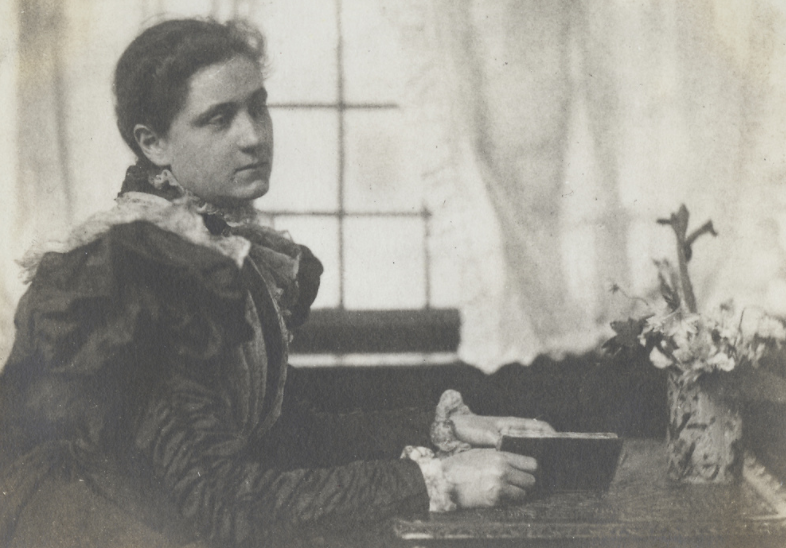Who was Florence Kelley?
/Florence Kelley (1859-1932) came from a wealthy Quaker and Unitarian family in Philadelphia, her parents both staunch abolitionists and advocates for women’s rights. All five of her sisters died in childhood, leaving her the lone girl in the family with two brothers.
Kelley attended Cornell University, where she studied history and social science, but as a woman in 1882, she was denied access to graduate programs in her field. Susan B. Anthony suggested Kelley study at the University of Zurich—where she had taken courses on political economy—because they were granting PhDs to women. Kelley engaged with the Socialist student body there while she began a law degree, but completed the degree at Northwestern University in 1895.
Florence Kelley’s father had a tremendous influence on her. Kelley was educated primarily at home by her father whose library of fiction and poetry she read in the years leading up to college. A congressman and founding member of the Republican Party, William Darrah Kelley was a good friend to and campaigned for Abraham Lincoln, worked toward political and social reform, and frequently appeared with Susan B. Anthony, speaking at women’s rights conventions about suffrage and the emancipation of women. Kelley’s great-aunt, Sarah Pugh, was a schoolteacher and abolitionist, and a co-founder and leader of the Philadelphia Female Anti-Slavery Society. With Lucretia Mott and Elizabeth Cady Stanton, Pugh crashed the meeting of the World Anti-Slavery Conference in London in 1840 after female delegates had been officially denied registration.
While studying in Zurich, Kelley met and married Lazare Wischnewetzky, a Russian-Polish medical student, with whom she had 3 children. When they moved with their son Nicolai to the United States, Kelley was pregnant with their second child and had their third in quick succession after that. Because Lazare had no luck establishing himself as a doctor in New York City, the family suffered great economic hardship, leading to irreparable emotional strain on the marriage.
In 1891, Kelley left her abusive husband in New York City and came to Chicago with her children, where she sought out Hull-House to continue the work she had begun in New York investigating child labor. She remained in hiding for several months and her sensationalized divorce proceedings were reported in the Chicago papers for several weeks. She won permanent custody of her three children and also the right to use the name of Florence Kelley.
Florence Kelley (third from left) standing with factory inspectors
Kelley was committed to finding ways to extend the benefits of industrialization to all working people and championing the common good and collective rights, an exceptional pursuit in a culture that so highly valued individualism.
In May 1894, Kelley was appointed chief of the State Board of Factory Inspectors and reported on the smallpox epidemic. She took this opportunity to bring public attention to the poor working and living conditions in the city’s tenement houses and to advance the wellness of children.
Kelley helped to establish the National Consumers’ League (NCL) and was its first director from 1899 to1932. Under Kelley’s leadership, the NCL developed the “White Label” initiative. White Labels were granted to stores and products that met the NCL’s approval for minimum wages, maximum working hours and decent working conditions. The NCL urged consumers to boycott all companies that failed to meet these standards.
To learn more about Florence Kelley check out “Florence Kelley in Chicago”, a digital archive about the life and times of Florence Kelley, based on the book “Florence Kelley and the Children” by Leigh Bienen.


